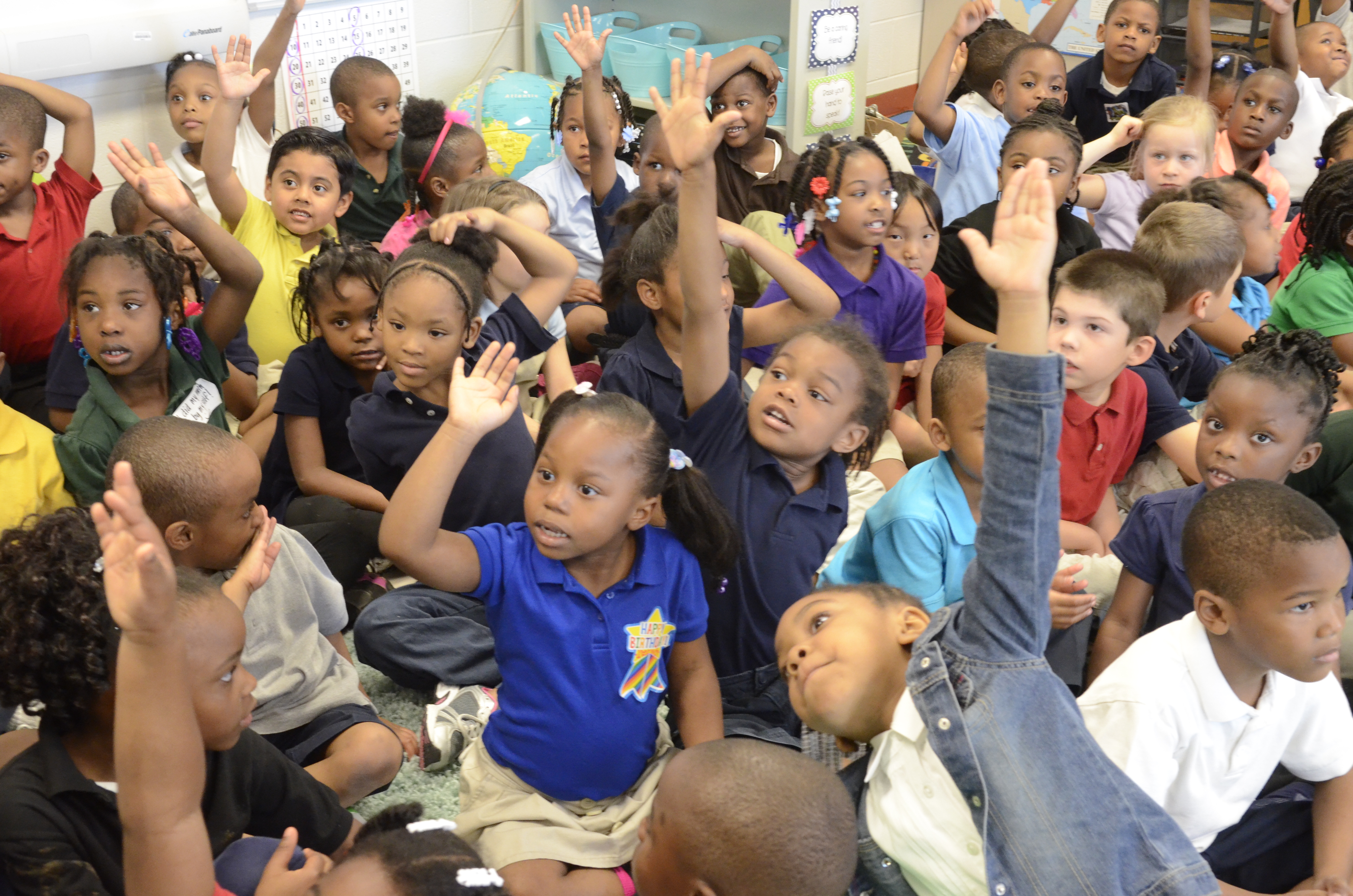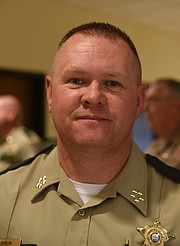What do goldfish, strawberry plants and sustainable living have in common? Kindergartners, of course.
Three kindergarten classes at Brown International Academy are getting a hands-on lesson in how living things affect each other with their new aquaponics system.
"It's important for students of all ages to participate in their own agriculture," said Ryan Cox, CEO of Hatponics, a company that specializes in sustainable agriculture and the provider of the materials for the school's system.
Aquaponics is a sustainable form of agriculture that combines fish farming with hydroponics, or growing plants in water without any soil.
In an aquaponics system, the plants clean the water the fish live in. In turn, the waste the fish produce is taken up by the plants as vital nutrients.
"It's a circle of the whole," said Ridgeland High School senior Tyler Mooneyham, who has been interning with Hatponics for about a year.
Mooneyham built the system with fellow intern and student Jake Scott.
"It's how life works," he said.
Sixty-five kindergarteners crammed into teacher Andria Powers' colorful classroom Wednesday morning to put the little strawberry plants into their new homes.
"I'm really excited about it," Powers said over the chaos of 6-year-olds in an agricultural frenzy. "I think they're going to love it."
The new system is an elegant and living example of the kindergarteners' next unit: balanced life. Powers said many of her students live in the city and don't get to interact much with plant life.
"We want them to learn that we take care of plants because they take care of us," Powers said.
Each student was given an Ozark beauty strawberry plant to look after for the remainder of the school year. The plants were placed in a colorful pipe that drains into a tub full of gold and silver comet and shubunkin goldfish, donated by Randall Tate, owner of the Hixson Water Garden.
"These plants will continue to produce fruit until they've all gone home for the summer," Mooneyham said.
Powers said the kids will keep observational journals to track their plants' growth and how many strawberries they produce.
And while some of the children were disgusted by the idea of eating strawberries grown from "fish water," most were very excited at the prospect of fresh strawberries on a daily basis.
Contact staff writer Lindsay Burkholder at lburkholder@timesfreepress.com or 423-757-6592.


